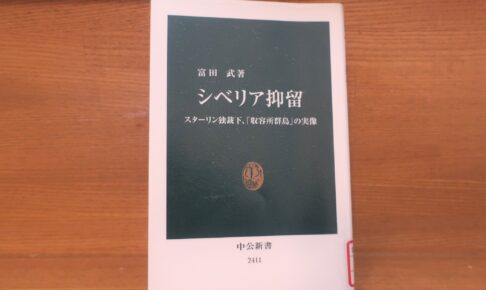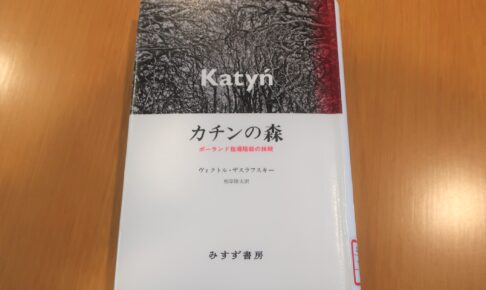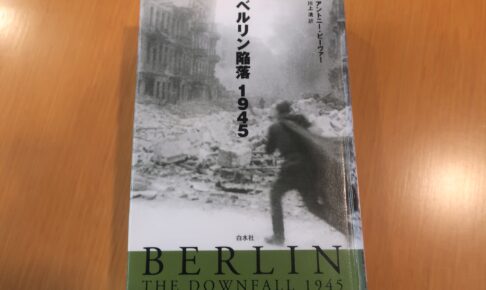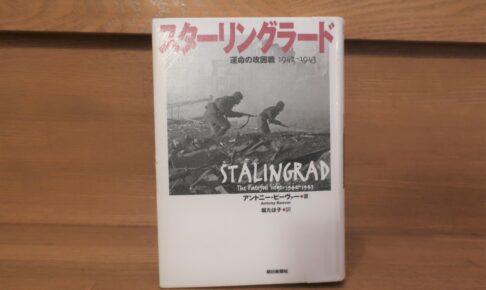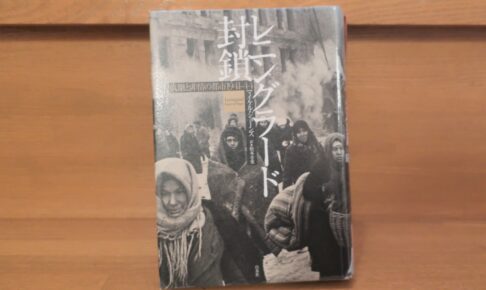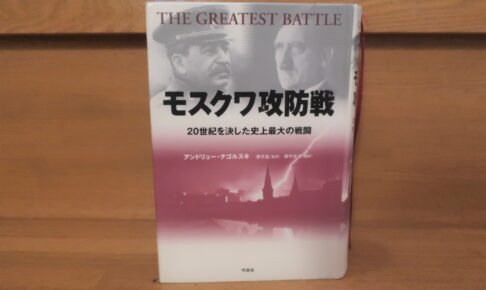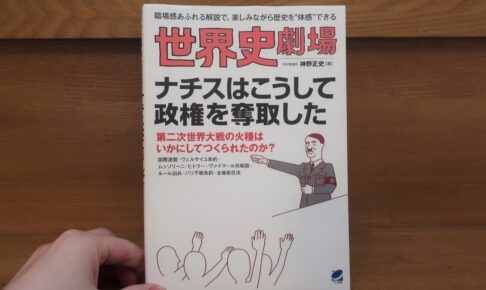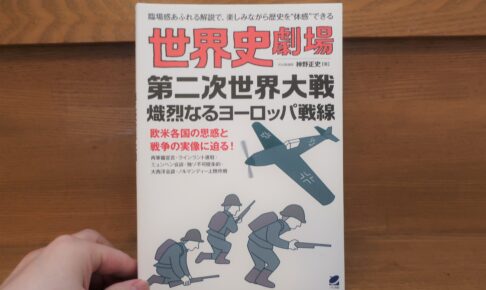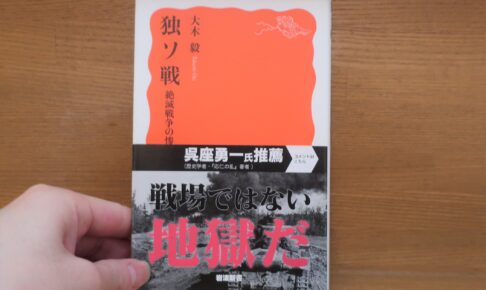Takeshi Tomita, "Siberian Internment" - History of harsh forced labor after the war by the Soviet Union
The term "Siberian internment" brings to mind the image of Japanese people being subjected to misery by the Soviet Union, but in this book we learn that the Soviet political system and the influence of the Russo-German War played a major role.
There are also several columns interspersed throughout the book, where recommended books are introduced to learn more about the Siberian internment. Novels and memoirs based on the harsh experiences are introduced, and the book is full of information that will be appreciated by those who want to learn more about the Siberian internment.
This book is highly recommended to get an overall picture of Siberian internment.












